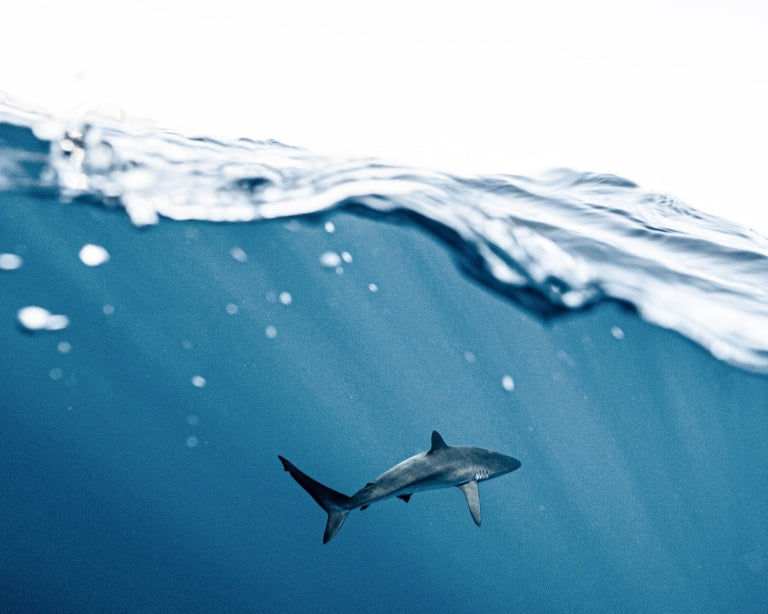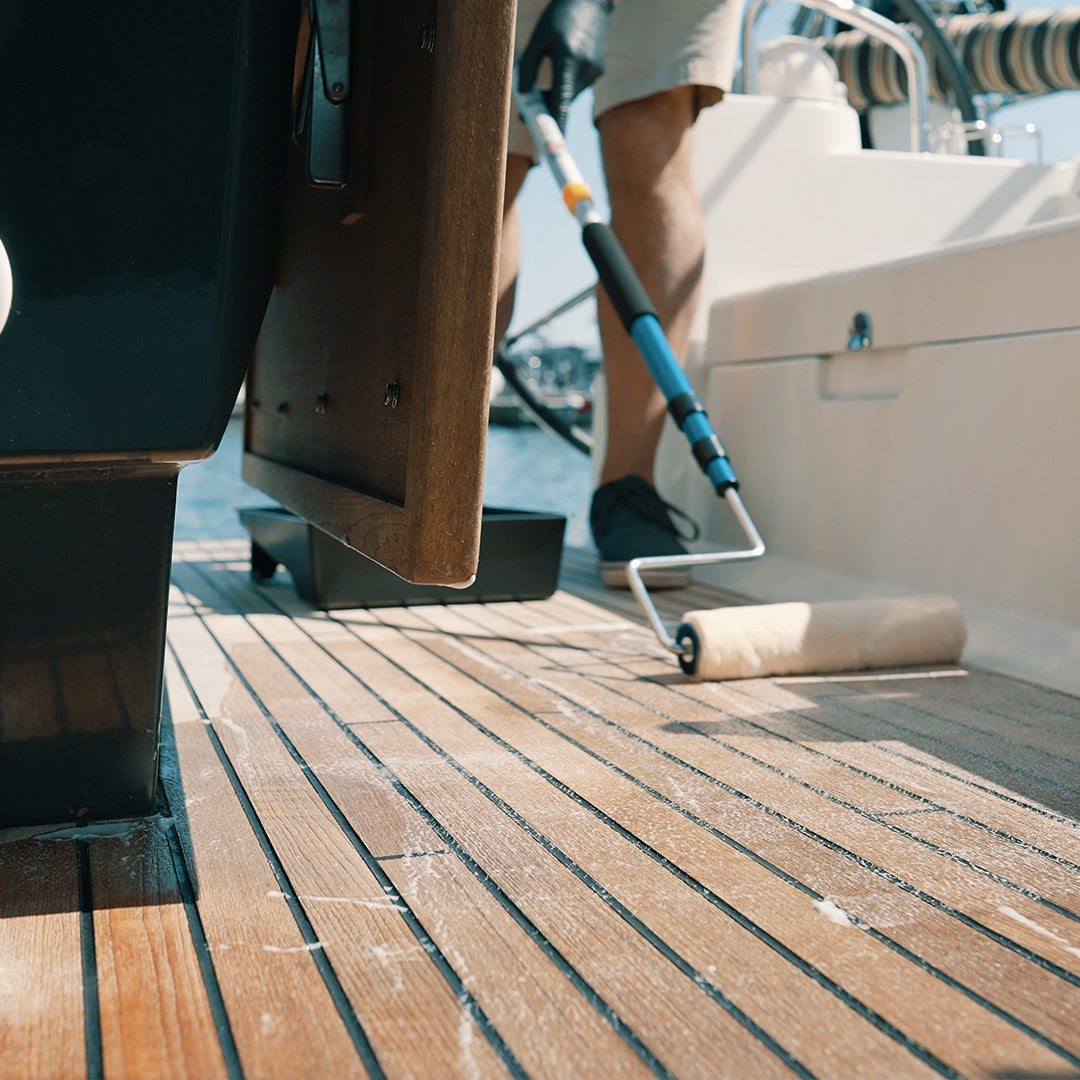Shark Week isn’t just an annual week-long shark-centric TV marathon on the Discovery Channel. Shark Week has actually become a valuable tool to spread awareness about the importance of sharks to our earth’s ecosystem. Entertaining programming and incredible footage aside, Shark Week can help to dispel the widely held belief that sharks are nothing but bloodthirsty predators and teach us in-depth about the lives of one of our earth’s most important animals.
Sharks are absolutely critical to ocean ecosystems and, because they are at the top of the food chain, their disappearance would cause a major deterioration of the food chain at large. They control the population and behavior of their prey and are vital in maintaining the health of our oceans. But because of shark fishing, overfishing, marine debris and so much more, sharks have been vulnerable to harmful human behavior for a long time. Not only do sharks impact the health of the oceans, but their status as apex predators makes them important to life on shore as well.
To celebrate Shark Week, here are some amazing facts about sharks and what we can do to help put a stop to the decline in their numbers:

Sharks are apex predators. This means that sharks are at the top of the food chain. They play a vital role in maintaining balance in our ocean’s ecosystems by eating fish. Eating sustainable seafood can help ensure that our marine ecosystems stay intact and can help prevent overfishing.
Sharks have a sixth sense. ‘Amupllae of lorenzini’ are located on sharks’ snouts and sense the electric fields that animals in the surrounding ocean give off.
Sharks have been around for over 400 million years. Sharks have been around for even longer than dinosaurs roamed the earth.

Sharks live in all types of marine environments. Sharks live in a diverse range of oceanic environments, from tropical coral reefs to under the arctic ice. Cutting down on single use plastic can help keep these environments free of harmful debris.
There are over 500 species of sharks, and 143 of them are under threat. From vulnerable to critically endangered, many of the world’s sharks are in danger. You can help to protect sharks this Shark Week and every week by eating sustainable seafood, decrease your single-use plastic usage to keep debris from interfering with marine ecosystems, and use waterway safe products on your boats (like DiTEC Marine Cleaning Products).







